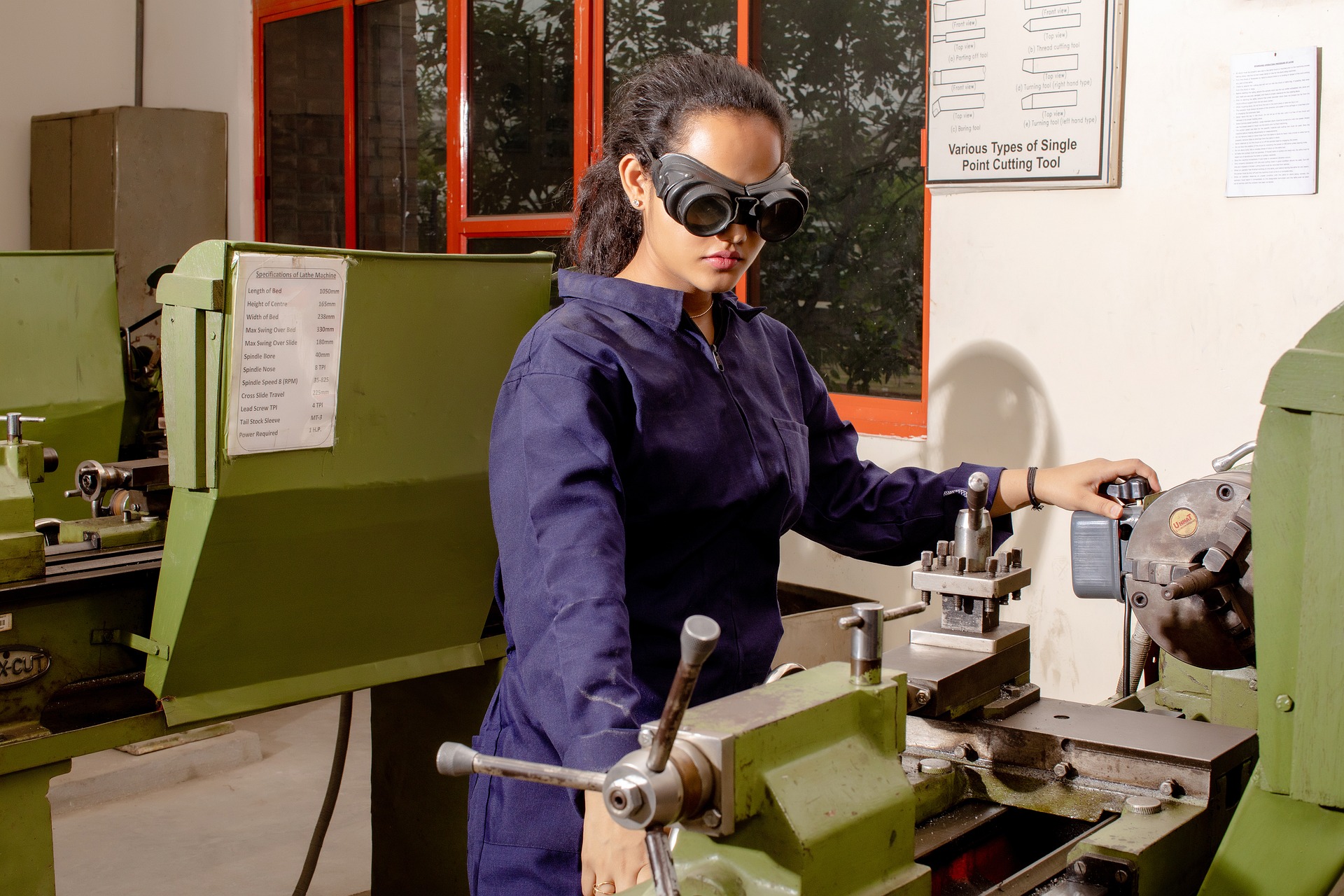Food Packaging Jobs in the UK: Roles, Pay and career opportunities.
UK food packaging roles span production lines and cold‑chain hubs. This guide covers hygiene standards, entry routes with basic skills, shift work and premiums, pay ranges, and typical contracts, offering a clear view of expectations in multilingual workplaces.

Entry Routes and Training Requirements
Food packaging positions generally welcome candidates with minimal formal qualifications, making them accessible entry points into the manufacturing sector. Most employers provide comprehensive on-the-job training covering food safety protocols, equipment operation, and quality control procedures. Workers typically complete food hygiene certificates, such as Level 1 or Level 2 Food Safety qualifications, within their first few weeks of employment.
Training programmes often include instruction on packaging machinery, weighing systems, and labelling equipment. Some facilities require additional certifications for handling specific food types, particularly those involving allergens or requiring temperature-controlled environments. Larger employers may offer apprenticeship schemes combining practical experience with formal qualifications in food manufacturing or logistics.
Understanding Shift Work and Premium Payments
Food packaging facilities commonly operate extended hours or 24-hour production schedules to meet consumer demand and maintain product freshness. This operational approach creates various shift patterns, including early morning starts for fresh produce, evening shifts for next-day delivery preparation, and weekend work during peak retail periods.
Shift premiums typically supplement base hourly rates, with night shifts attracting higher payments than day shifts. Weekend work often commands additional premium rates, particularly for Sunday shifts. These arrangements can significantly increase overall earnings for workers willing to accept less conventional working hours, making food packaging financially attractive for those seeking flexible scheduling options.
Pay Ranges and Employment Contracts
Compensation in food packaging varies considerably based on location, employer size, experience level, and specific responsibilities. Entry-level positions typically offer hourly rates above minimum wage, with experienced workers and those in supervisory roles commanding higher rates. Urban areas, particularly around major distribution centres, often provide better compensation packages than rural locations.
Employment contracts range from temporary seasonal positions during peak periods to permanent full-time roles with comprehensive benefits packages. Agency work remains common, offering flexibility but potentially fewer employment protections. Permanent positions typically include holiday entitlement, pension contributions, and sick pay arrangements, creating more stable long-term employment prospects.
| Position Level | Typical Hourly Rate | Annual Salary Range | Contract Type |
|---|---|---|---|
| Entry Level Packer | £9.50 - £11.00 | £16,000 - £20,000 | Temporary/Permanent |
| Experienced Packer | £11.00 - £13.50 | £20,000 - £25,000 | Permanent |
| Line Leader/Supervisor | £13.50 - £16.00 | £25,000 - £30,000 | Permanent |
| Quality Controller | £14.00 - £17.00 | £26,000 - £32,000 | Permanent |
Salary estimates mentioned in this article are based on the latest available information but may change over time. Independent research is advised before making employment decisions.
Career Advancement Opportunities
Food packaging provides multiple pathways for career development within the manufacturing and logistics sectors. Workers frequently progress from basic packing roles to line leadership positions, supervising teams and managing production targets. Quality control represents another advancement route, involving product inspection, compliance monitoring, and process improvement initiatives.
Technical progression opportunities include machinery maintenance, production planning, and warehouse management roles. Some individuals transition into related areas such as logistics coordination, inventory management, or health and safety supervision. Larger food manufacturers often support internal progression through training programmes and mentorship schemes, enabling workers to develop specialised skills and advance to management positions.
The transferable skills gained in food packaging, including attention to detail, time management, and teamwork, provide foundations for career moves into other manufacturing sectors or customer service roles. Experience with quality systems and regulatory compliance can lead to opportunities in food safety consultancy or regulatory affairs positions within the broader food industry.
Food packaging employment offers accessible entry into stable manufacturing work, with potential for career development and competitive compensation packages. The sector’s essential nature ensures consistent demand for workers, while shift premium arrangements and progression opportunities create pathways for improved earnings and career advancement over time.




